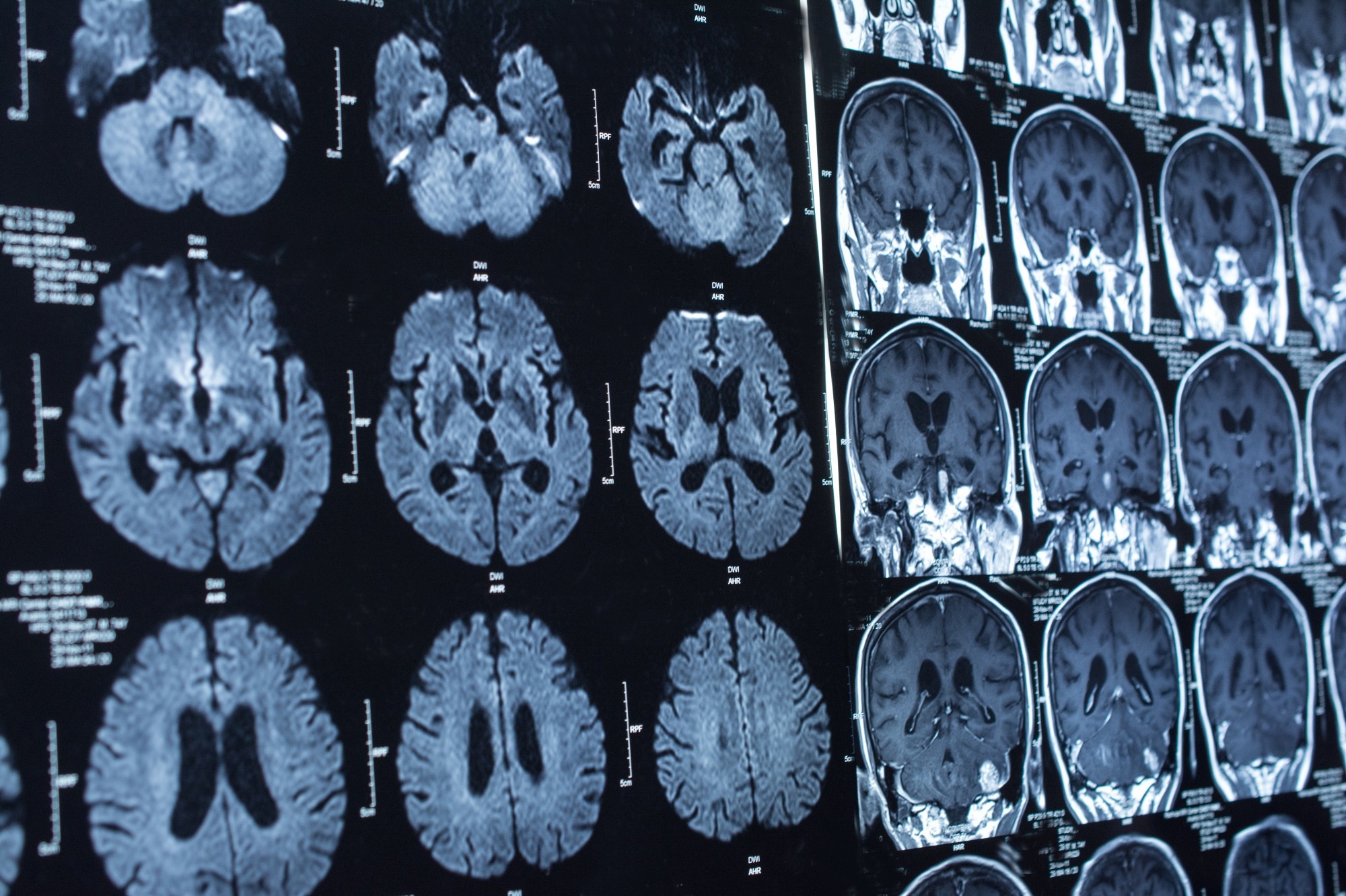Aging reduces metabolism and clearance, which leads to an increase in oxidative and inflammatory stress in the body. An individual’s quality of life, including diet and exercise, plays a crucial role in the prevention of age-related diseases.
Marine resources contain unique glycerophospholipid plasmalogens and various valuable nutrients that could be beneficial for the prevention of age-associated diseases. A recent review published in the journal Molecules highlights the biological significance of plasmalogens and their relationship with age-associated diseases.
 Study: Marine Plasmalogens: A Gift from the Sea with Benefits for Age-Associated Diseases. Image Credit: Tushchakorn / Shutterstock.com
Study: Marine Plasmalogens: A Gift from the Sea with Benefits for Age-Associated Diseases. Image Credit: Tushchakorn / Shutterstock.com
What are plasmalogens?
Marine resources contain essential nutrients not found in land resources, such as docosahexaenoic acid (DHA) and eicosapentaenoic acid (EPA). Algae-derived xanthophylls are associated with both antioxidative activity and various food functions.
Glycerophospholipids (GPLs) with a vinyl ether bond at the sn-1 position are called plasmalogens. The ethanolamine class (PlsEtn) of GPLs is abundantly found in the nervous system and appears to provide nerve protection. In some marine invertebrates, a high concentration of PlsEtn has been observed.
Previous research has shown that age alters PlsEtn levels in the brain and blood, which is associated with several diseases, including Alzheimer’s disease (AD). The current review discusses the biological significance of plasmalogens and their association with age-related diseases.
Biological role of plasmalogens
Plasmalogens strengthen lipid membranes and lower their fluidity, both of which are related to cellular functions. Moreover, plasmalogens scavenge reactive oxygen species (ROS) at their alkenyl (vinyl ether) linkages.
The significance of plasmalogens in the nerves and brain has been extensively investigated. PlsEtn is involved in membrane fusion during synaptic transmission because it easily forms an inverse hexagonal phase at body temperature.
In terms of the effects of plasmalogens on blood and heart, research has demonstrated their antioxidant properties. In macrophages, PlsEtn influences signal transduction of inflammation by controlling the number and size of lipid rafts. Despite this, the biological significance of plasmalogens in various organs remains unclear and should be investigated in future research.
Plasmalogens and age-related diseases
The most common form of dementia is AD, and depending on the severity of the disease, the level of PlsEtn can be significantly reduced in the brain and serum of patients. A decline in the level of PlsEtn weakens the blood and brain, thus advancing AD symptoms.
The depletion of dopamine in the nigrostriatal pathway and loss of dopaminergic neurons in the substantia nigra pars compacta cause motor dysfunction leading to Parkinson’s disease (PD). In one study investigating lipid rafts from the PD brain, plasmalogen levels were significantly lower. Likewise, PlsEtn levels in the plasma and red blood cells (RBCs) of PD patients have been reported to be substantially lower than those in control subjects.
Aging leads to chronic inflammation and lipid metabolism dysfunction, leading to arteriosclerosis. Patients with hyperlipidemia exhibit lower serum plasmalogen levels as compared to healthy subjects. Furthermore, patients with familial hypercholesterolemia often exhibit lower levels of plasmalogens in plasma relative to controls.
It has been hypothesized that blood plasmalogen levels are affected by oxidative stress and abnormal lipid metabolism. Therefore, it is essential to maintain cholesterol levels within the normal range for a healthy circulatory system.
Several studies have reported higher levels of ether lipids like plasmalogens in cancer cells and tumors relative to normal cells and tissues. Hypoxia, a key factor in cancer progression, is associated with plasmalogen levels in in vitro colon cancer cells. This occurs due to the re-acylation of lyso-plasmalogens rather than activating plasmalogen synthesis.
Higher plasma levels of PlsEtn have also been observed in patients with gastric carcinoma. In a mouse model using grafted tumors, the administration of the plasmalogen precursor alkylglycerol reduced the dissemination, growth, and vascularization of Lewis lung carcinoma.
Conclusions
The current review discussed the effects of marine plasmalogens on age-related diseases, including cognitive impairment. Aging increases oxidative and inflammatory stress, which leads to a decline in plasmalogen levels. Furthermore, a decrease in plasmalogen levels aggravates aging-associated illnesses.
The ingestion of marine plasmalogens found abundantly in DHA and EPA could contribute to the maintenance or even increase in body plasmalogen levels. Thus, the chronic administration of marine plasmalogens could reduce the risks associated with age-related diseases, which could significantly improve the quality of life.
Journal reference:
- Yamashita, S., Miyazawa, T., Higuchi, O., et al. (2023) Marine Plasmalogens: A Gift from the Sea with Benefits for Age-Associated Diseases. Molecules 28(6328). doi:10.3390/molecules28176328